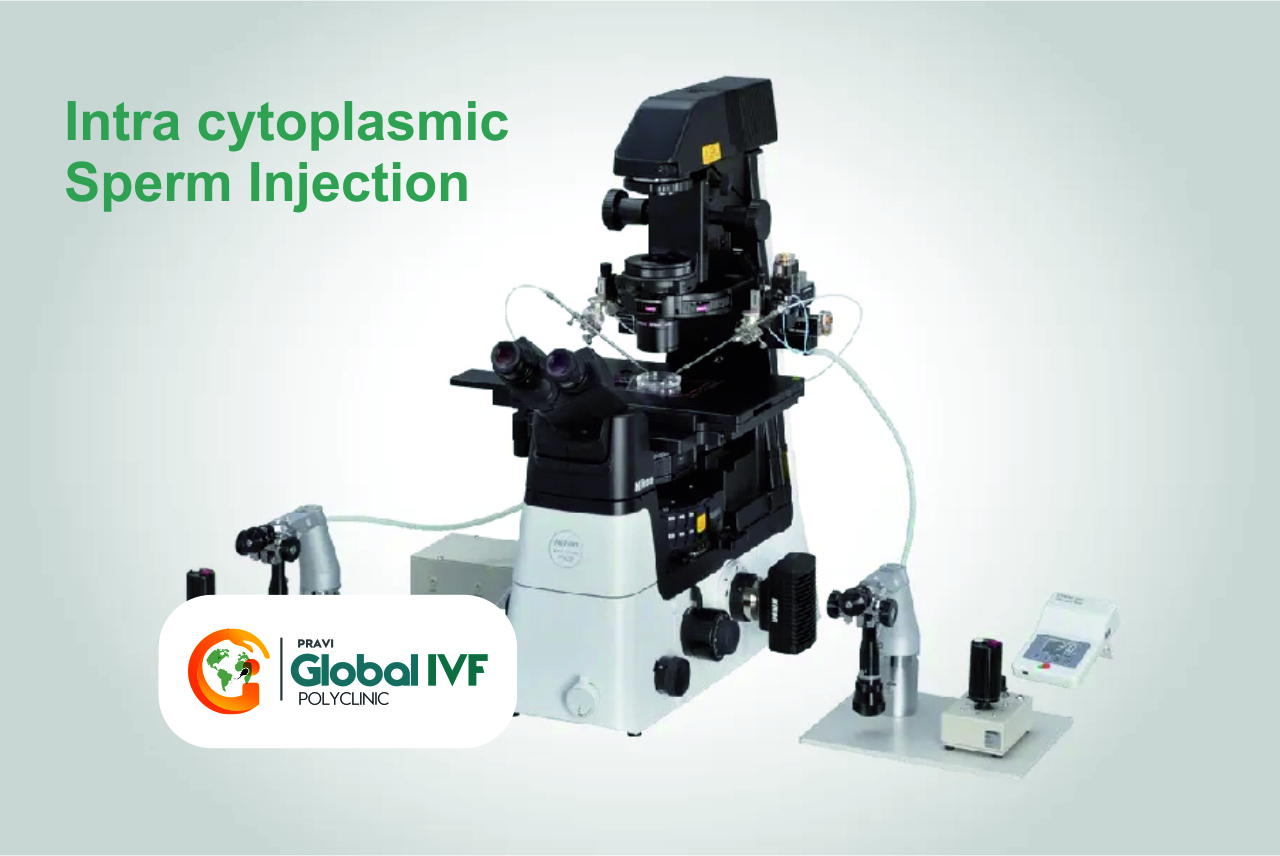
What is ICSI?
ICSI (Intracytoplasmic Sperm Injection) is an advanced form of IVF (In Vitro Fertilization) in which a single healthy sperm is directly injected into the egg to assist with fertilization. This technique is especially useful in cases of male infertility.


🧬 When is ICSI recommended?
-
Low sperm count or poor motility
-
Abnormally shaped sperm
-
Previous failed fertilization in IVF
-
Using frozen or surgically retrieved sperm
-
Unexplained infertility
✅ Key Benefits of ICSI
-
Increases chances of fertilization in severe male infertility cases
-
Helps couples with previous IVF failures
-
Allows fertilization even with a very limited number of sperm